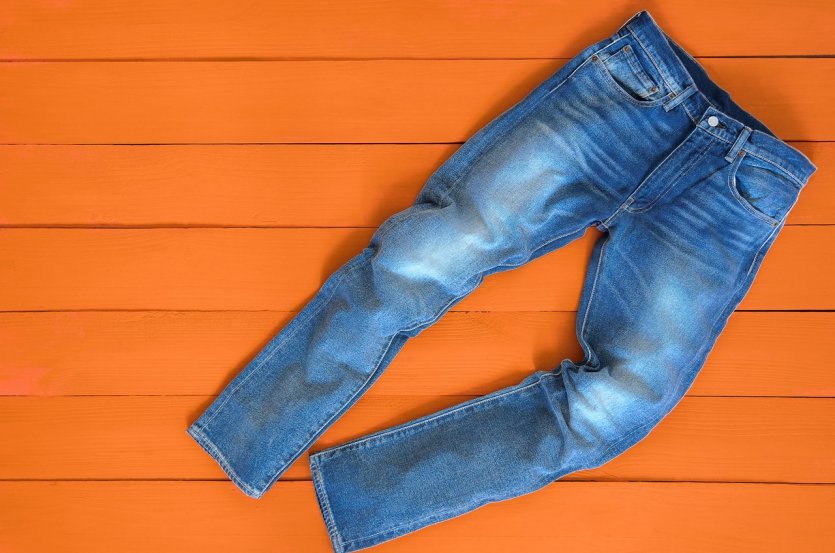
From north to south, the French language evolves and is enriched with accents, expressions and words of all kinds. We had already selected 10 typically Breton expressions, this time we take you further north to discover 15 Ch'tis words and expressions! If you can easily recognize the northern accent, the French spoken in the Hauts-de-France region shows several specificities that only a local will understand. This list is, of course, non-exhaustive so don't hesitate to tell us your favorite expressions!
Dors min p'tit quinquin...

We start with the most famous of all, the famous p'tit quinquin. In the north, a quinquin is a child, but this word refers to the famous song of the poet Alexandre Desrousseaux from Lille, Dors min ptit quinquin, min ptit pouchin, min gros rogin ! This popular lullaby was so successful that it has become a regional anthem, played every hour by the belfry of the Lille Chamber of Commerce!
Habile the vacations!

In the north of France, habile translates the idea of speed and can mean "briskly". At the end of a long day's work, it is not uncommon to hear "Habile les vacances!" or "Habile dimanche!" in the mouths of some Ch'tis! And, if you are told "Habile don!", you are invited to hurry up, to go faster.
It will drain!

If someone from the north of France tells you that it is going to rain, be prepared for a sudden and very heavy rain! To avoid going home all fresh (wet), remember to bring your umbrella in all circumstances. The sky in the North is often capricious, but this is what makes the charm of the landscapes of the Hauts-de-France: even under the rain, the bay of the Somme, Lille or Béthune are always worth a visit!
Passing the wassingue

If it's been too wet and you've come home from walking in the berdoule (mud), then it's likely that you need to pass the wassingue! But what is this object with such a particular name? It is simply a mop! This word would come from the Flemish wassen which means to wash.
On se dit quoi
Made popular by the unforgettable scene in Dany Boon's film Bienvenue chez les ch'tis , "on se dit quoi" is an expression widely used in northern France. Thus, if a Ch'ti says: "I tell you what", it is not a question, but a statement! Do you follow? It should then be understood as "I'll keep you informed". To know before visiting the Hauts-de-France, in order to avoid some misunderstandings!
Saying nonsense

If your interlocutor accuses you of saying caccoulles in the Hauts-de-France, know that he thinks you are talking nonsense... and here, we prefer those of Cambrai!
Spend your vacations in Gardincourt

This is probably our favorite expression! If you are visiting Hauts-de-France, you might innocently ask one of your friends where he has chosen to go on vacation this year. With a mischievous smile, he will answer that he spends his vacations in Gardincourt! Don't look for this village in your GPS, spending your vacations in Gardincourt simply means not going on vacation, staying at home between the garden and the yard!
You babache !

If someone in the north of France tells you that you are a babache, a nonoche or a boubourse, it means that they don't think you are very smart! This term popularized by Dany Boon in his sketches and in his movie Bienvenue chez les ch'tis (Welcome to the Sticks ) describes someone who is simple and stupid. The term babache has become so popular that it is in the dictionary since 2018!
What's that berdoule?

We have seen previously that the word "berdoule" means "mud". But there is also the verb "berdouler", used in the very common expression: " Quoque ch'est qu'te berdoules? Hard to pronounce and understand if you are not from the north of France! It simply means "What are you doing?" and will be used if you are seen doing something awkwardly.
Go to the ducasse

If you are offered to go "à l'ducasse", don't expect to go to a starred restaurant, but rather to eat chichis! The ducasse, in the north of France or in Belgium, is a small popular festival also called "kermesse". This word is also used in a very famous ch'ti saying: Ech'ti qui va al ducass' i perd es' plach'! Or the equivalent of 'Who goes hunting, loses his place! »
Braire

In French, the verb "braire" is used when the donkey cries, but in Ch'ti it simply means to cry! So don't be offended if someone tells you that the little quinquin is braying ! And to qualify a person who cries or complains often, we will even use the terms brayou, brayousse .
Racamailler

After an argument, in the Hauts-de-France, we don't make up, but we scrape together! A word to use to make up with your friend ch'ti, we're sure it will touch him in the heart!
T'as put t'maronne backwards!

A word very much used in everyday life! As you may have understood, in the north of France, the "maronne" is the pants or the panties. In a more metaphorical way, you can also hear it in the expression: Armonte eut'marone, tin pintalon i quié! which literally means "Remonte ta culotte, ton pantalon descend!" that is to say "Arrête de dire des bêtises!" or caccoulles, as seen previously!
To be in a frenzy

In the north of France, a person is said to be " à l'foufelle " when he or she is running around and is very busy or particularly agitated.
The chirloute

If you serve a coffee to your friend and he exclaims: "it's chirloute", it's not really a compliment! Chirloute is a bad coffee, much too light. In other words, it's like sock juice! Chirloute was usually drunk by the miners, it was a leftover coffee with chicory and water.
Planning to spend a few days in the North? Discover our article What to do in Hauts-de-France? The 17 must-sees!


